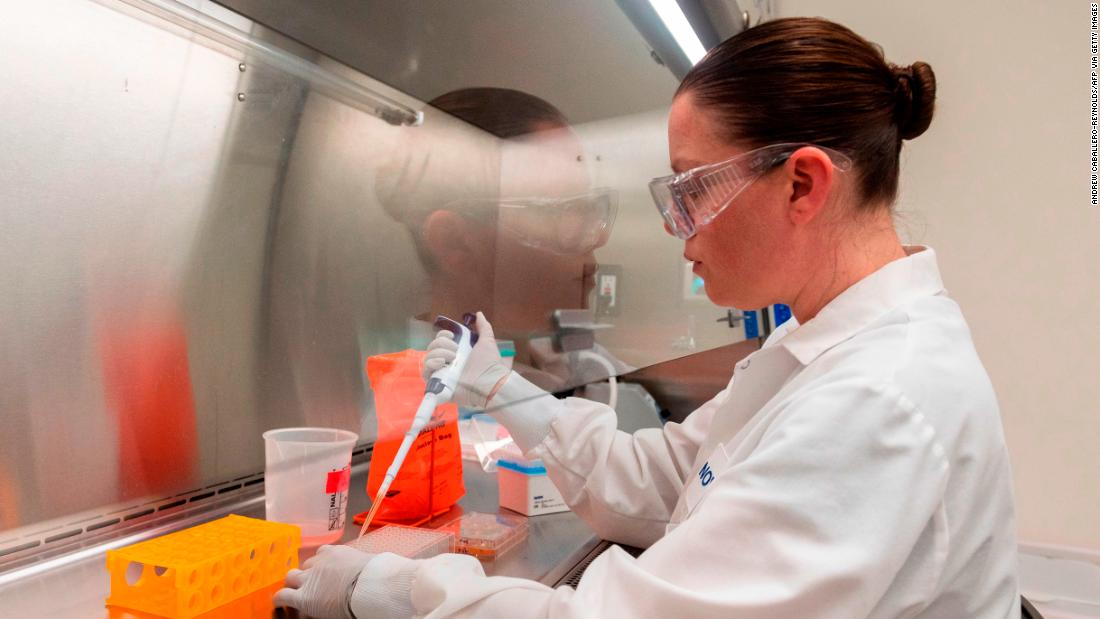Kerby Anderson
While the world is waiting for a coronavirus vaccine, it’s worth taking a moment to ask some important questions. Dr. Francis Collins (director of NIH) believes we could have 100 million doses of a vaccine ready in early 2021. Is that possible?
Normally it takes more than a decade to produce a vaccine and get it approved. And usually there is a 90 percent failure rate.
Researchers are pursuing three different paths to a vaccine. Moderna has developed an RNA vaccine. AstraZeneca has produced a viral vaccine. A French pharmaceutical company has developed an antigen vaccine. Many are going through human trials.
Usually, there are three phases to these trials. Phase one determines the safety and immune response. Phase two uses a randomized trial that employs hundreds of participants. Phase three tests for efficacy and safety with thousands of people to learn about side effects.
In an attempt to speed up the process, animal and human tests were often done at the same time. Some vaccines might even be mass-produced before we know if the vaccine even works. If the vaccine is not effective, the stockpile would be destroyed.
One obvious question is whether speeding the process would be dangerous. Three years ago, a rushed campaign to vaccinate children in the Philippines was stopped for safety reasons. In 1976, President Gerald Ford rushed the Swine Flu vaccine program and a number of Americans developed a rare disorder where the body’s immune system attacks the nerves.
Another question is, how many Americans will be willing to be vaccinated? A recent poll indicates that only half of the country will take the vaccine when produced. Should Americans be forced to take the vaccine? These are important questions that need to be asked now.
 Listen Online
Listen Online Watch Online
Watch Online Find a Station in Your Area
Find a Station in Your Area








 Listen Now
Listen Now Watch Online
Watch Online
